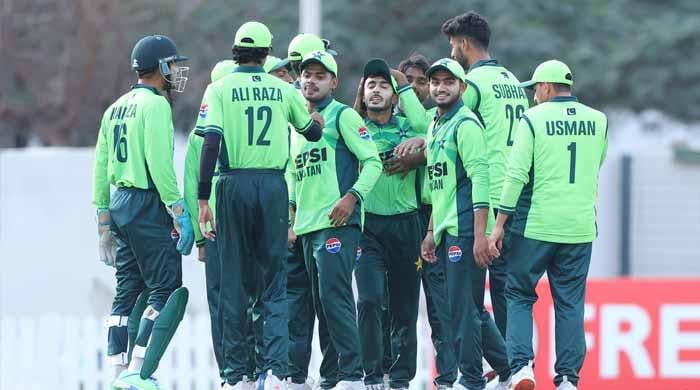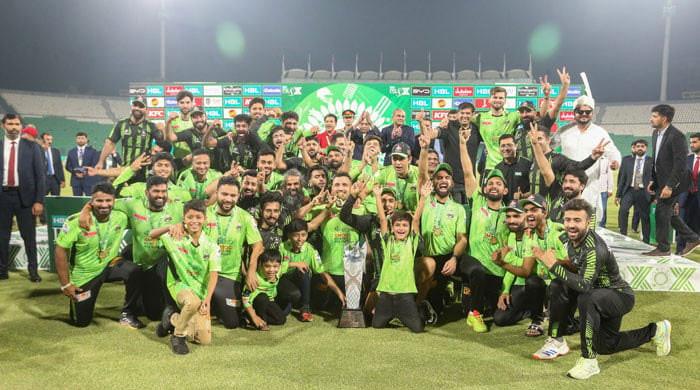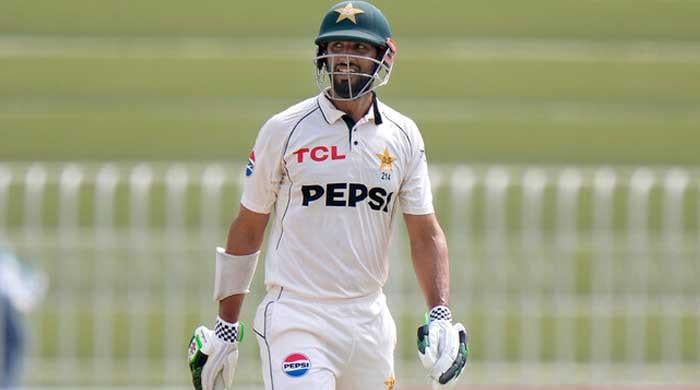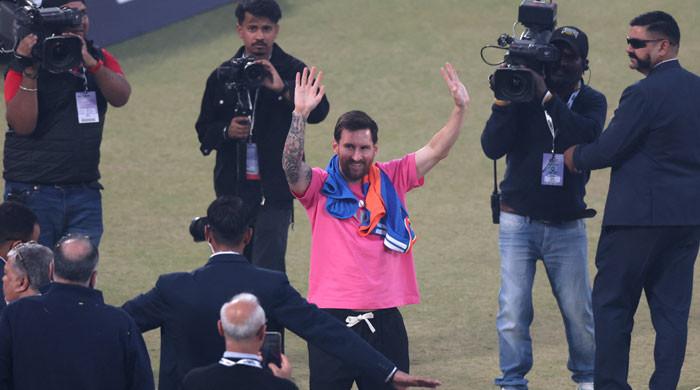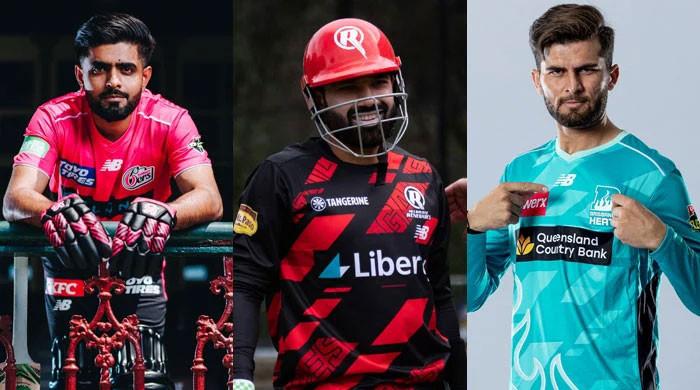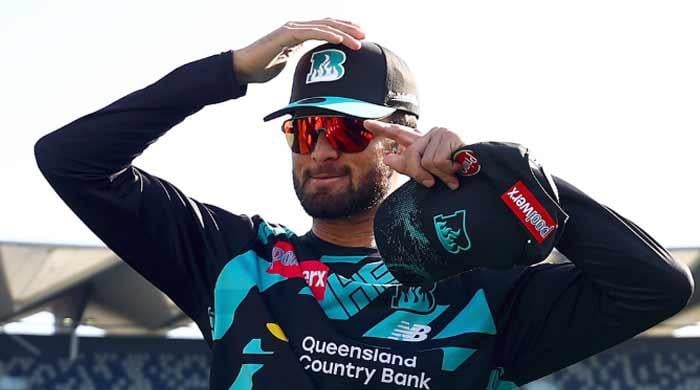Female Pakistani footballer highlighted in US media for philanthropy
The 23-year old, football enthusiast, is the first girl from her hometown to have played football at a national and international level
October 10, 2020
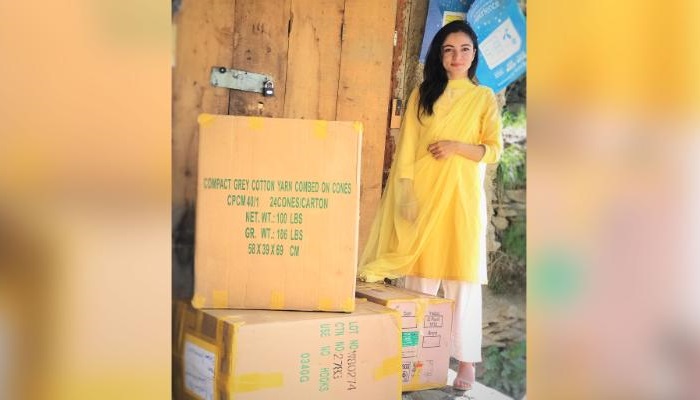
Hailing from a remote village in Pakistan's Chitral valley, Karishma Ali, after her spectacular football game, is now setting examples with her philanthropy and social work in her hometown where like other parts of the country, coronavirus has adversely impacted the lives of people.
The 23-year old football enthusiast is the first girl from her area to have played football at a national and international level.
Last year she was named among Forbes' '30 Under 30' in Asia, along with the likes of tennis star Naomi Osaka and K-pop band Black pink.
She has represented Pakistan at the Jubilee Games in Dubai, and her team was the first women's team from Pakistan to participate in the AFL International Cup. Ali is also the founder of the Chitral Women's Sports Club.
Read more: Football in Chitral: The girls kicking gender stereotypes
After garnering heaps of praises for her bravery and the knack for football, a detailed feature report by CNN has now covered Ali for her selfless philanthropy work in her hometown.
When the COVID-19 pandemic handicapped the lives of many, Ali would spend hours driving on bumpy, mountainous roads with her father and uncle delivering much-needed supplies to the local hospital and underprivileged villagers. Items bought with money she raised, mainly through social media.
“She says that, as of August, they had supplied one month's worth of rations to 300 families, and donated 155 N95 masks, 53 goggles, 250 PPE suits, 650 surgical masks, 400 pairs of surgical gloves and 76 face shields to the DHQ Hospital Chitral,” the report underscored.
"The men work as daily wage labourers in different cities in Pakistan and what happened after the close down, many industries and businesses closed down, they had to return home, and people were finding it really difficult, a lot of families were in need," shared Ali, as she spoke about how virus has changed things in her hometown.
Read more: Karishma Ali says becoming part of Forbes '30 under 30' list an honour
Sharing about her dreams to empower women with education and other skill sets, Ali said: "Ten years from now I want to see at least 10-20 more girls like myself who come back here [Chitral] after they've achieved their dream and work for the other girls that I was not able to reach out to and, slowly, I see a progressive society where men and women are working equally, where women do not have to stress about traditional customs, and be able to freely do what they can and see that I was part of all of this change."
"I want to see more women in leadership positions and then sit back and enjoy. This is what I wanted to fight for," she added.




